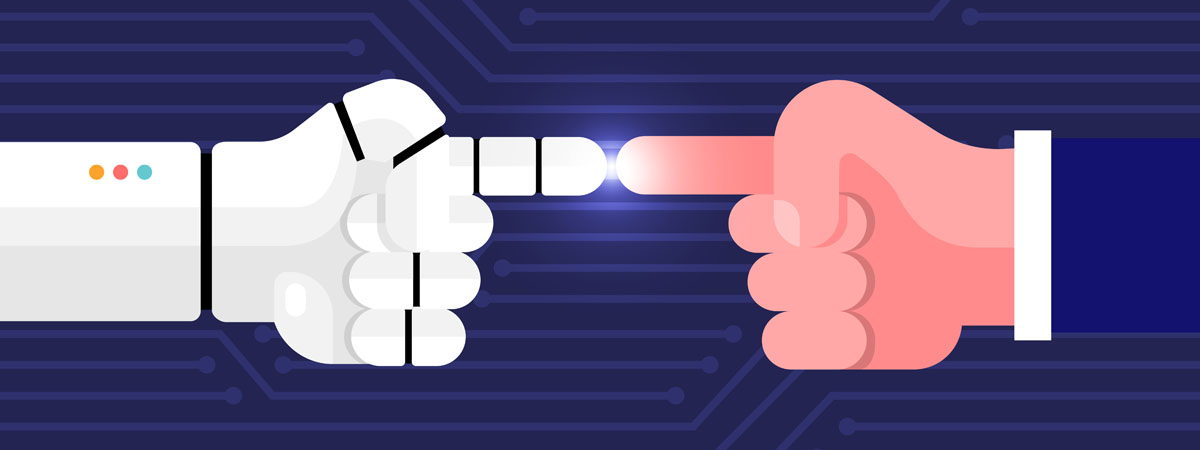The Roadmap to SaaS AI Integration
Our team participated in SaaStr 2025 last week. We thought we were alone, but as it turns out, SaaS organizations around the world are excited & overwhelmed by the AI revolution. As a SaaS leader, you know AI could transform your product, but the thought of integration makes you break into a cold sweat. Can it destabilize your platform? Can your team get distracted from core development? What if you invest heavily but find minimal ROI? SaaStr included 13,000 SaaS & AI professionals (from big companies like Hubspot, Dropbox, Box, and Canva, plus small organizations like us). It seems that the goals of all these SaaS businesses are to “catch up” with AI. As we face this daunting challenge ourselves, we want to share our own roadmap to SaaS AI integration in our projects.
The AI Integration Challenge
SaaS companies struggle with AI adoption for several reasons… First, there’s a technical expertise gap. A recent McKinsey survey revealed that over 85% of businesses report skill gaps when implementing AI. Second, integration challenges loom large; pushing AI into an established codebase without disrupting existing functionality requires surgical precision. Third, resource allocation creates a dilemma. Ccompanies greatly underestimate AI implementation costs. Most importantly, SaaS leaders face a genuine fear of diluting their core value proposition with AI development. After spending years perfecting your product, risking stability feels like gambling.
Right now, people talk about being an AI company. There was a time after the iPhone App Store launch where people talked about being a mobile company. But no software company says they’re a mobile company now because it’d be unthinkable to not have a mobile app. And it’ll be unthinkable not to have intelligence integrated into every product and service. It’ll just be an expected, obvious thing.
Why Smart AI Integration Matters
By approaching AI integration methodically, you can capture benefits while protecting your core product integrity. Strategic AI integration offers tremendous upside potential…
1. Competitive advantage
SaaS companies incorporating AI report higher customer satisfaction scores than non-AI businesses.
2. Revenue growth
AI-enhanced SaaS products command premium pricing. Average revenue increases 16% after successful implementations.
3. Operational efficiency
SaaS platforms utilizing AI for internal operations experience 30% reductions in development cycles and support ticket resolution times.
Your Practical AI Integration Roadmap
Begin your AI journey with proven tactics…
Start with non-core features
Identify peripheral functionality where AI can add value without threatening your main product (think “strangler pattern“). Examples include recommendation engines, usage analytics, and automated reporting features that enhance (rather than replace) existing capabilities.
Adopt a “parallel path” approach
Initially build AI functionality as a complementary service instead of embedding it directly in your core codebase. You create a safety buffer between experimental AI and your stable product.
Implement the “AI feature flag” strategy
Use feature flags to deploy AI capabilities to select user segments first. This allows you to test, iterate, and roll back if necessary without widespread disruption.
Focus on data foundations first
Before building AI features, ensure your data infrastructure is solid. Clean data structures and reliable pipelines are prerequisites for successful AI features.
Start with pre-built AI services
Leverage existing AI services (like Amazon Bedrock, Azure OpenAI, and Google Vertex AI) before building custom solutions. This accelerates implementation while reducing technical risk.
Your Next Steps Toward AI Integration
The AI revolution doesn’t have to be disruptive. With a methodical approach that respects your core product’s stability while strategically enhancing capabilities, you can embrace AI’s benefits without the risks that keep SaaS leaders up at night. Successful AI integration is about thoughtful evolution that preserves what already works while building for the future.
Ready to explore how AI can enhance your SaaS product without disruption? Contact Webapper today for a personalized AI integration assessment that protects your core while driving innovation.


Leave A Comment